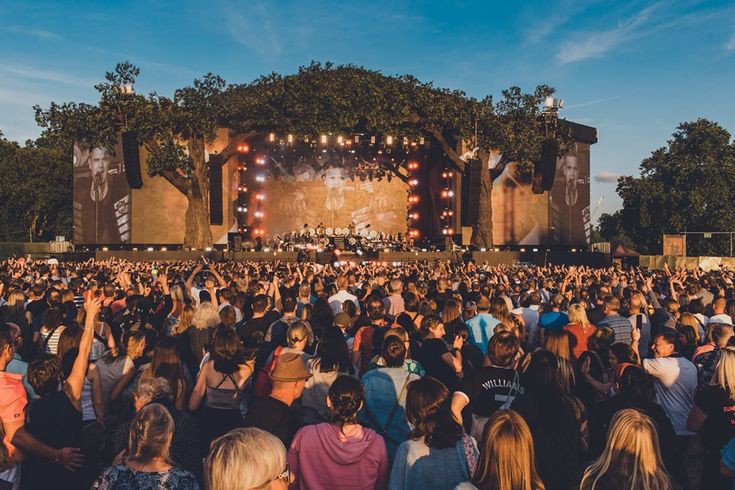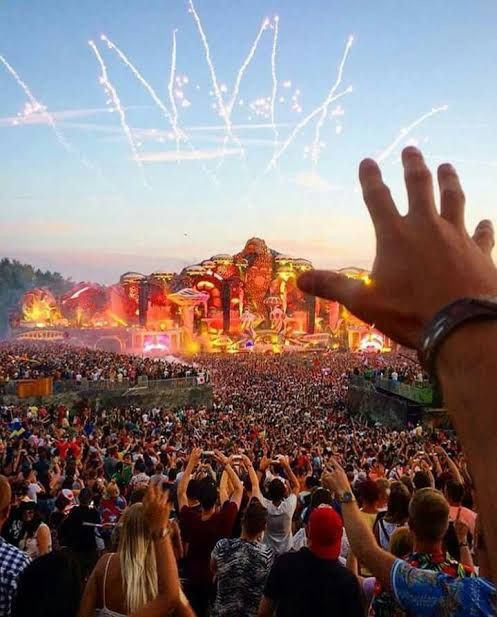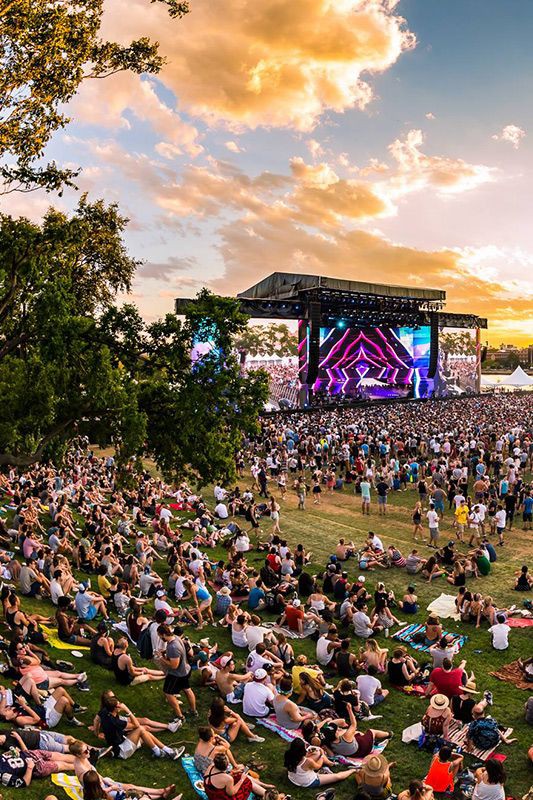
The music industry is a dynamic and competitive field that requires constant innovation and adaptation to changing consumer preferences and market trends. One of the key players in this industry is the events promoter, who is responsible for publicizing and organizing live performances and concerts. Events promoters play a vital role in the music industry by creating opportunities for musicians and artists to showcase their talents, connect with their fans and generate revenue.

Events promoters typically work independently or for musicians and venues to plan and execute events of various sizes and formats, such as festivals, tours, club gigs, charity shows and corporate events. They collaborate with agents, managers, artists, venues, sponsors, media outlets and other stakeholders to ensure the success of each event. Some of the tasks that events promoters perform include:
- Finding and booking suitable venues and performers for each event
- Negotiating contracts and fees with artists, agents and venues
- Securing permits, licenses, insurance and other legal requirements
- Developing and implementing marketing and advertising strategies to attract and retain audiences
- Managing budgets, expenses and revenues
- Hiring and supervising staff, vendors and contractors
- Coordinating logistics, such as transportation, accommodation, security, catering, sound, lighting and stage setup
- Handling emergencies, crises and contingencies
- Evaluating the performance and feedback of each event
Events promoters need to have a variety of skills and qualities to succeed in their role, such as:
- Passion and knowledge of music and the music industry
- Creativity and innovation to design and deliver unique and memorable experiences
- Communication and negotiation skills to build and maintain relationships with various parties
- Business and financial acumen to manage resources and optimize profits
- Leadership and management skills to oversee and motivate teams
- Problem-solving and decision-making skills to handle challenges and risks
- Flexibility and adaptability to cope with changing demands and situations
- Attention to detail and quality to ensure high standards and customer satisfaction
Events promoters can have different educational backgrounds and career paths, but they usually benefit from having some formal training or experience in music, business, marketing, event management or related fields. They can also enhance their skills and knowledge by attending workshops, seminars, conferences and networking events, as well as reading music trade magazines and websites.
Events promoters can have different levels of income and job security, depending on the type, size and frequency of the events they organize, as well as their reputation and network in the industry. According to Indeed, the average salary for a music promoter in the United States was $48,000 per year as of October 2022. However, this figure can vary significantly depending on various factors, such as location, experience, skills and performance and the country they are operating in.

Events promoters play a crucial role in the music industry by creating and delivering live music experiences that entertain, inspire and engage audiences. They also contribute to the growth and development of the industry by providing opportunities and exposure for musicians and artists, as well as generating revenue and employment for themselves and others. Events promoters face many challenges and uncertainties in their work, but they also enjoy many rewards and benefits, such as working with their passion, expressing their creativity and making a difference in the music scene.











